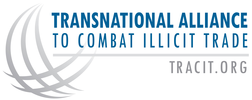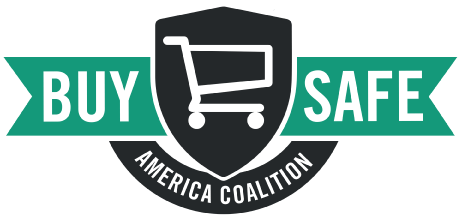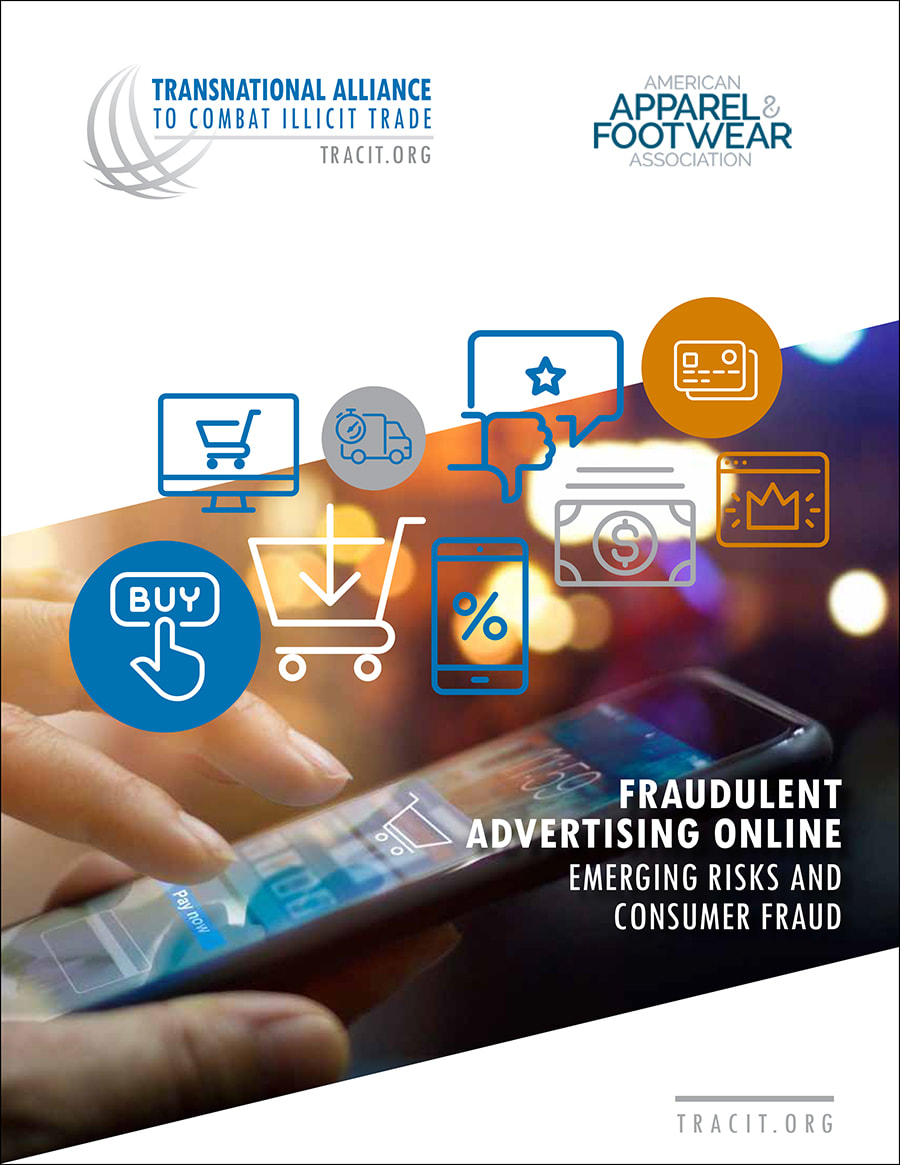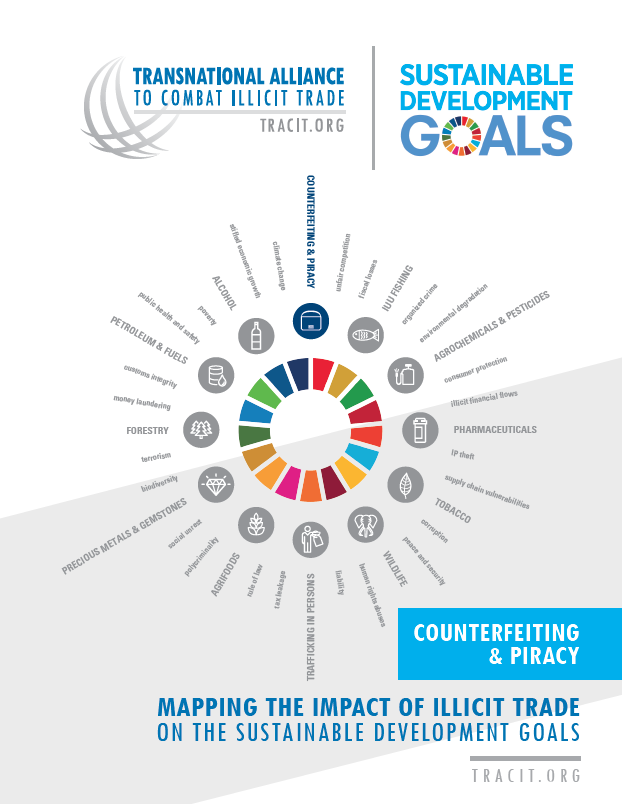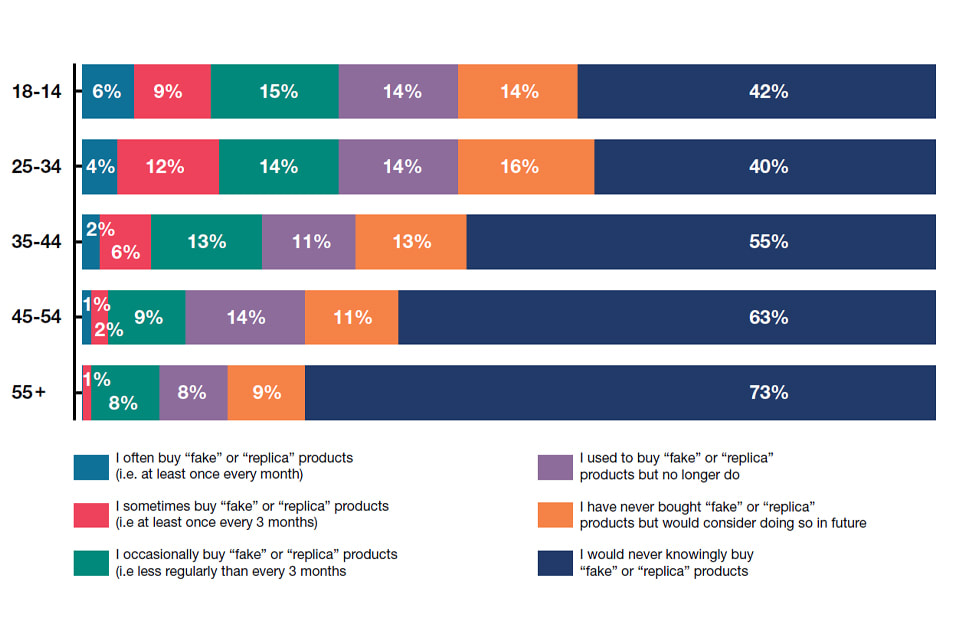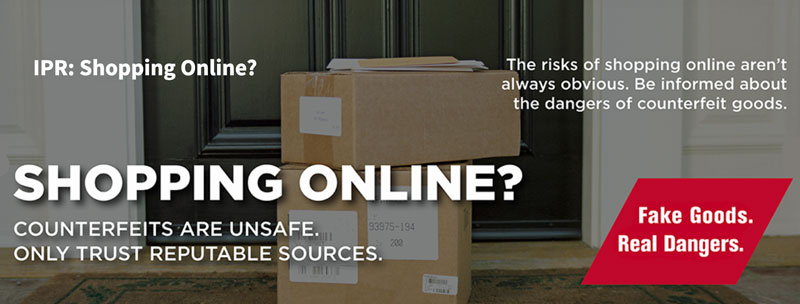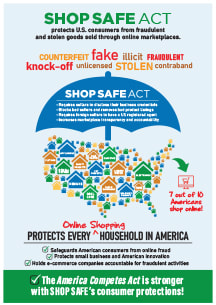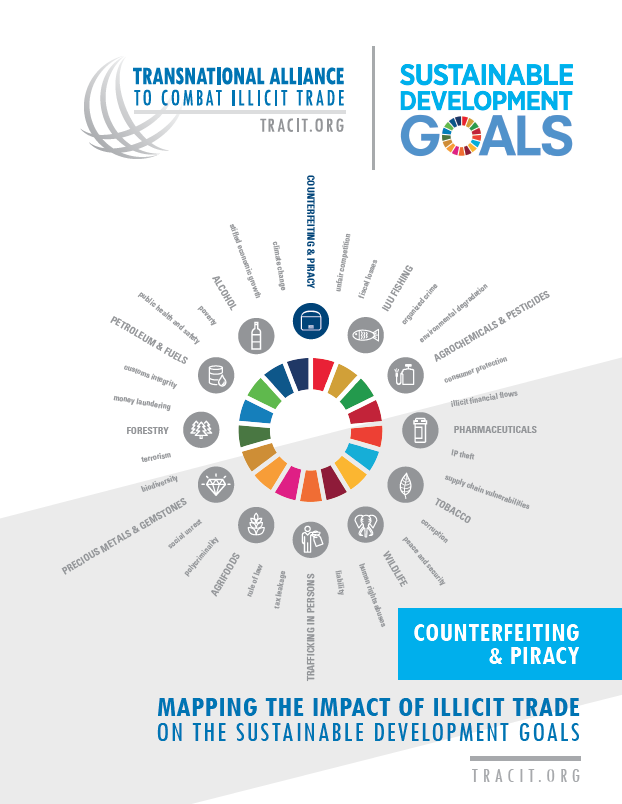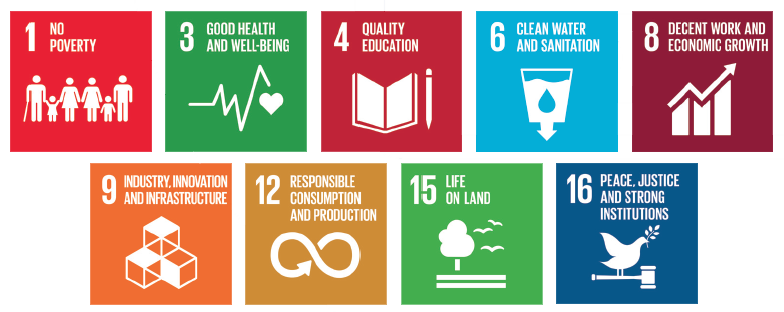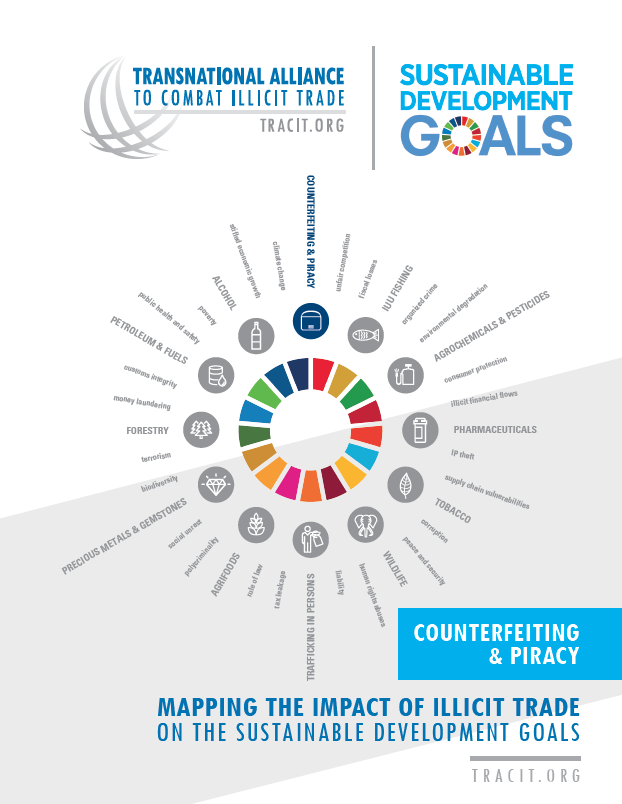Trade in Counterfeit and Pirated Goods

Apart from narcotics trafficking, counterfeiting and piracy account for the largest economic value of all forms of illicit trade. The problem has intensified to staggering levels. The OECD reported a 154% increase in counterfeit trade globally, from $200 billion in 2005 to $509 billion in 2016. US Customs data from 2000 to 2018 shows a tenfold rise in seizures of infringing goods, from 3,244 to 33,810. Up to 5% of goods imported into the EU are counterfeit, with China being the top producer (OECD & EUIPO, 2016). This widespread issue diverts profits and tax revenues to the underground economy, jeopardizing the economy and consumer safety.
Counterfeiting and piracy occur across multiple industry sectors and can extend to other and similar problems. For example, unbranded petroleum products and substandard pharmaceuticals may be considered fakes, but may not necessarily encompass an intellectual property (IP) infringement. Digital illicit trade, such as cybercrimes and money laundering, also facilitates piracy. These activities distort competition, impacting local and international brands. Businesses face various costs, including loss of market share, supply chain monitoring, regulatory compliance, consumer safety liability, reputational risks, and increased security and insurance expenses. Featured Events
Buy Safe America Coalition
Featured TRACIT reports
|
Learn more about the benefits of the SHOP SAFE Act
At its core, the Shop Safe Act holds online marketplaces accountable for screening third-party sellers, disclosing more information about the seller to online shoppers, removing counterfeit and stolen product listings, and barring bad actors from selling on their platforms – consumer protections that have all been missing for far too long.
SHOP SAFE Act of 2023: TEXT SHOP SAFE: ONE PAGER SHOP SAFE: THE FACTS SHOP SAFE ACT FACT SHEET SHOP SAFE ACT FAQ Press Releases
Learn how counterfeit and piracy impacts the achievement of the UN Sustainable Development Goals
From smuggling, counterfeiting and tax evasion, to the illegal sale or possession of goods, services, humans and wildlife, illicit trade is compromising the attainment of the UN SDGs in significant ways, crowding out legitimate economic activity, depriving governments of revenues for investment in vital public services, dislocating millions of legitimate jobs and causing irreversible damage to ecosystems and human lives.
The TRACIT report Mapping the Impact of Illicit Trade on the Sustainable Development Goals investigates illicit trade in 12 key sectors that participate significantly in international trade and are most vulnerable to illicit trade. For each sector, the negative impacts of illicit trade are mapped against the 17 UN SDGs. The full report is available here. Read the chapter: SDGs and illicit trade in counterfeit and pirated goods TRACIT POLICY POSITIONS General eCommerce and Fraudulent Advertising TRACIT Principles & Positions Examples of Counterfeit Products with Health and Safety Implications Why critical consumer and IP protections are needed now United States TRACIT letter supporting introduction of the SHOP SAFE Act, June 12, 2024 TRACIT media release supporting the introduction of the SHOP SAFE Act, June 12, 2024 TRACIT Statement to the House Subcommittee on Courts, Intellectual Property and the Internet May 14, 2024 TRACIT welcomes USTR 2023 Notorious Markets Report January 30, 2024 Senate Judiciary Committee’s Subcommittee on Intellectual Property hearing: Back to School with the SHOP SAFE Act: Protecting Our Families from Unsafe Online Counterfeits. October 3, 2023 TRACIT letter to Senators Coons and Tills in support of the proposed SHOP SAFE Act October 10, 2023 Submission to USTR Notorious Markets List 2023 TRACIT's submitted comments, October 6, 2023 USPTO: uture Strategies in Anticounterfeiting and Antipiracy TRACIT's submitted comments, August 20, 2023 Informing Businesses about the INFORM Consumers Act US Federal Trade Commission (FTC) FTC Puts Online Marketplaces on Notice About Their Responsibilities Under the New INFORM Consumers Act June 20, 2023 Letter to FTC Chair Khan on the importance of enforcing the INFORM Consumers Act (INFORM) June 20, 2023 Letter to FTC Commissioner Bedoya on the importance of enforcing the INFORM Consumers Act (INFORM) June 20, 2023 Letter to FTC Commissioner Slaughter on the importance of enforcing the INFORM Consumers Act (INFORM) June 20, 2023 Submission to Senate Committee on Finance Hearing March 1, 2023 Senate Finance Committee hearing: Ending Trade that Cheats American Workers by Modernizing Trade Laws and Enforcement, Fighting Forced Labor, Eliminating Counterfeits and Leveling the Playing Field. February 16, 2023 Submission to USTR Notorious Markets List October 7, 2022 Correcting the facts on Shop Safe June 12, 2022 Why critical consumer and IP protections are needed now June 12, 2022 Multi-Association letter in support of the SHOP SAFE Act and the INFORM Consumers Act December 15, 2021 Multi-Association letter in support of the (House & Senate SHOP SAFE Act June 2, 2021 TRACIT written statement on the House SHOP SAFE Act May 27, 2021 TRACIT letter to sponsors of the INFORM Act May 11, 2021 TRACIT letter to sponsors of the INFORM Act April 23, 2021 Multi-Association Letter to US President Biden on IP issues and appointments, February 17, 2021 TRACIT response to US PTO Call for Comment on the Issue of Secondary Trademark Infringement Liability in the E-Commerce Setting, January 21, 2021 TRACIT Submission to USTR 2020 Notorious Markets List, November 6, 2020 TRACIT endorses INFORM Consumers Act, Supports legislative measures to improve verification of online suppliers, July 30, 2020 TRACIT Letter to US Senator Grassley, supporting his outreach to Vice President Pence, May 7, 2020 TRACIT letter to U.S. Vice President Pence, encouraging diligence to fighting counterfeiting online, (Co-signed) April 9, 2020 WHOIS Submission to the ICANN EPDP (co-signed, April 1, 2020 TRACIT Statement on Fake and Unsafe Products on Online Marketplaces to US House Subcommittee on Consumer Protection, March 4, 2020 TRACIT Letter to US House Co-sponsors of Shop Safe Act March 3, 2020 WHOIS Call for Action (co-signed), February 28, 2020 TRACIT Letter to US Senate Finance Committee, How Statutory and Regulatory Barriers Prevent the Sharing of Information on Counterfeits, December 9, 2019 TRACIT input to the Report on the U.S. State of Counterfeit and Pirated Goods Trafficking and Recommendations, July 29, 2019 EU TRACIT submission to EU open public consultation on the Digital Services Act package, September 8, 2020 TRACIT Contribution to European Multidisciplinary Platform Against Criminal Threats (EMPACT), April 10, 2020 TRACIT submission to EU consultation on Watch-List, April 11, 2018 Other countries TRACIT submission to UK Digital Markets Taskforce on pro competitive measures for unlocking competition in digital markets, July 30, 2020 TRACIT submission to Brazil National IP Strategy August 30, 2020 |
